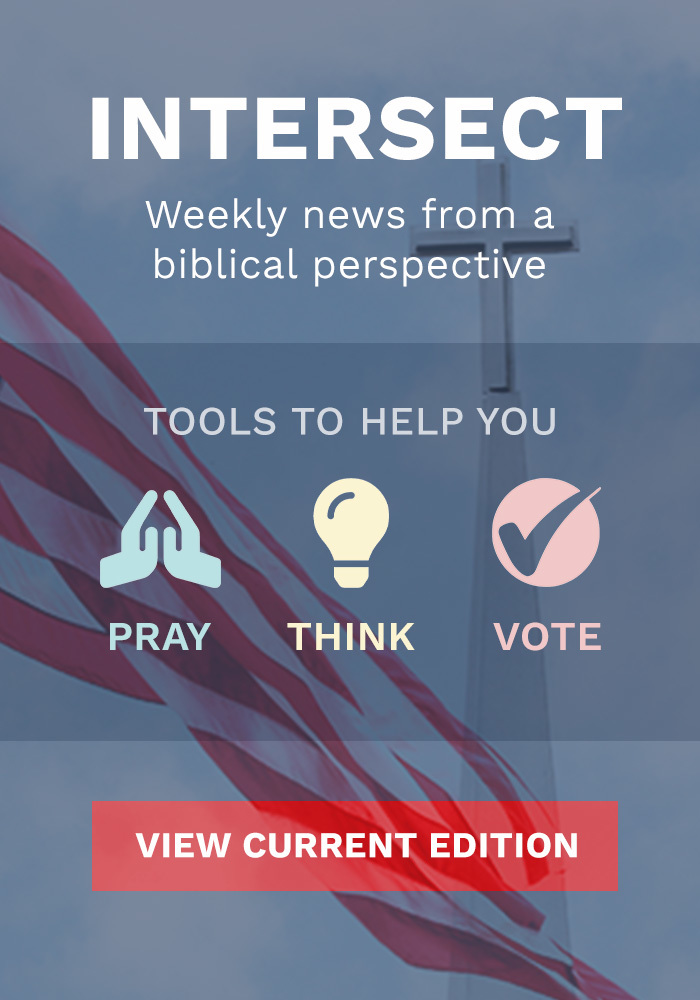
Lifting Up the Poor
In politics, we hear comparisons between the haves and the have-nots. The wealthy and the poor. The one percent and the lower class. We’ve listened to the calls for wealth redistribution, free college and Medicare for all. And this rhetoric will only continue to increase with 2020 right around the corner.
Yet the proven way to fight poverty is not welfare; it's encouraging personal responsibility and driving market-based solutions.
President Trump’s policies are the subject of enormous importance, not because of what he does, but how he does it. Specifically, his approach to lift up those not participating in our prosperity as they should is proving to benefit low-income Americans.
First and foremost, the American economy needed to grow. And we needed to make sure that all Americans participate and contribute.
Hoover Institution's John Cochrane points out that the U.S. economy grew 3.5 percent annually from 1950 to 2000. Since 2000, it has barely choked out two percent per year on average. Cochrane notes that if the economy had grown two percent per year from 1950 to 2000, instead of 3.5 percent, the average income in 2000 would have been $23,000 instead of $50,000. In 2018, because of the Trump tax cuts and deregulation, the U.S. economy had its first year of three percent growth in over a decade.
Black unemployment (5.9 percent) and white unemployment (3.4 percent) are at historic lows. The gap between black and white unemployment has dramatically diminished, revealing that blacks are, in an unprecedented way, participating in the economic recovery.
Cochrane notes that if growth averages three percent annually over the next 30 years, rather than two percent, the average income per person will be 35 percent higher.
Restoring the American growth engine remained the highest importance, and we now see this restoration to the benefit of every American. However, black communities have unique problems. A difficult, often brutal, history placed too many African-Americans on the sidelines.
The approach of this administration is to seek opportunities to inject economic vitality into our hardest-hit communities.
In December, Trump signed an executive order enacting the White House Opportunity and Revitalization Council. This council will set into motion implementation of a provision in the 2017 tax bill establishing economic Opportunity Zones.
Governors in the 50 states were asked to identify their most economically distressed ZIP codes. Neighborhoods, where poverty stands at twice the national average, would qualify as Opportunity Zones. More than 8,700 ZIP codes were designated, and they qualify for tax-preferred investment that, by estimates from the Treasury Department, could amount to $100 billion.
Without this preferred tax treatment – forgiveness of capital gains taxes – private investment would not have made its way into these Opportunity Zones to stimulate the troubled areas, provide jobs and allow low-income Americans to participate in our nation’s prosperity.
As Christians concerned about “the least of these” (Matthew 25:40), we have two opportunities to help lift others out of poverty. First, we show Christ’s love with our time and our resources. And second, we assist through the power of our vote. In local, state and national elections, we have the chance to vote for leaders who ignite economic growth to help others help themselves.
Star Parker is the founder and president of the Center for Urban Renewal and Education, a Washington D.C. based Public Policy Institute that fights poverty and restores dignity through messages of faith, freedom and personal responsibility.
###
My Faith Votes— is a ministry that motivates, equips, and activates Christians in America to vote in every election, transforming our communities and influencing our nation with biblical truth. An estimated 25 million Christians who are registered to vote, fail to vote in presidential elections. My Faith Votes is on a mission to change this statistic by helping Christians act on their faith and vote in every election. When we pray unceasingly for our nation, think biblically about the issues, and vote consistently in every election the impact of Christians taking action from the local to the state and federal level will be unprecedented.
Website | www.myfaithvotes.org Twitter | @MyFaithVotes Facebook | My Faith Votes
